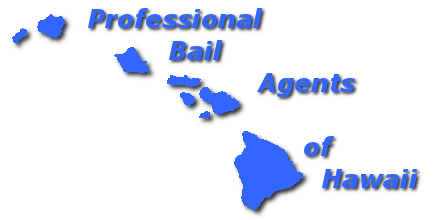Documents about Eric Lighter from a lost archive
December 23rd, 2011 · Business, Court, Crime
It’s amazing what computers can do as an aid to long-term memory.
I managed to find several of my old folders in a backup of a long-gone computer. It’s got files dating back more than 20 years relating to Eric Lighter, convicted this week in San Jose on 17 counts stemming from a complex tax fraud.
A number of documents were archived with an old PaperPort scanner. The original software no longer runs on current Macs, but it turns out GraphicConverter, a wonderful Mac program and handy tool under many circumstances, is able to open them. From there I can print them as pdf’s.
For example, here’s a list of business names registered by Lighter as of March 1999.
And then there’s this gem, a 1987 memo filed in bankruptcy court by Les Iczkovitz, attorney for the Association of Apartment Owners of the Hawaiian Colony Condominium. It describes what may have been the first time Lighter was publicly accused of substantial criminal fraud.
According to the memo, the Hawaiian Colony was built by developer Eugene Despain and his company, Erdesca, Ltd.
During the period from October, 1980, through March, 1984, Despain acted as the Managing agent for the Hawaiian Colony; as the attorney for the Hawaiian Colony AOAO; managed the hotel pool at the Hawaiian Colony, and controlled all of the activities of the Hawaiian Colony Association Board of Directors. In these capacities Despain violated numerous laws and stole thousands of dollars from many people.
Although managing and representing all apartment owners, Despain failed to pay maintenance fees, as required by law. As a result, the AOAO fell deep into debt, and apartment owners faced the threat of having their electricity and as turned off due to large unpaid bills, the memo alleges.
By late 1984, Despain had bailed out and Lighter took over all remaining interests in the property, apparently without putting up any money of his own, according to the memo. Lighter also failed to pay maintenance fees and other amounts owed to owners, including those who sold their units and were due the proceeds, the memo alleges. In an attempt to block the foreclosure, Lighter transferred legal titles through a series of shell companies and shills.
He also attacked everyone else with allegations of corruption, including Iczkovitz and other attorneys involved in the case on behalf of a variety of clients. One of those who was targeted by Lighter’s wild claims was David Ezra, now a senior federal judge, who as I recall represented First Hawaiian Credit Corp. in the Hawaiian Colony case.
In the process of creating and transferring paper “rights” to the Hawaiian Colony, Lighter claimed to have separated the “air rights” from the rest of the property. Although those claimed “air rights” were declared worthless in subsequent court proceedings, Lighter continued to use them as a supposed “asset” that he used as collateral in many other questionable transactions. These are the same “air rights” that were referenced in the criminal indictment leading to his conviction this week.
The memo concludes with some questions that remain relevant today.
The Time-Share Operation is no longer in business, but no action has yet been taken against Eric Lighter for his illegal conversion of funds. The question remains why hasn’t the State or the Federal authorities done anything with regard to Eric Lighter so as to protect the time-share owners? The ultimate question is why isn’t Eric Lighter in jail? As a side question, why does Eric Lighter still have his real estate broker’s license?

